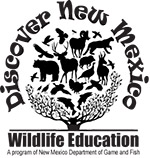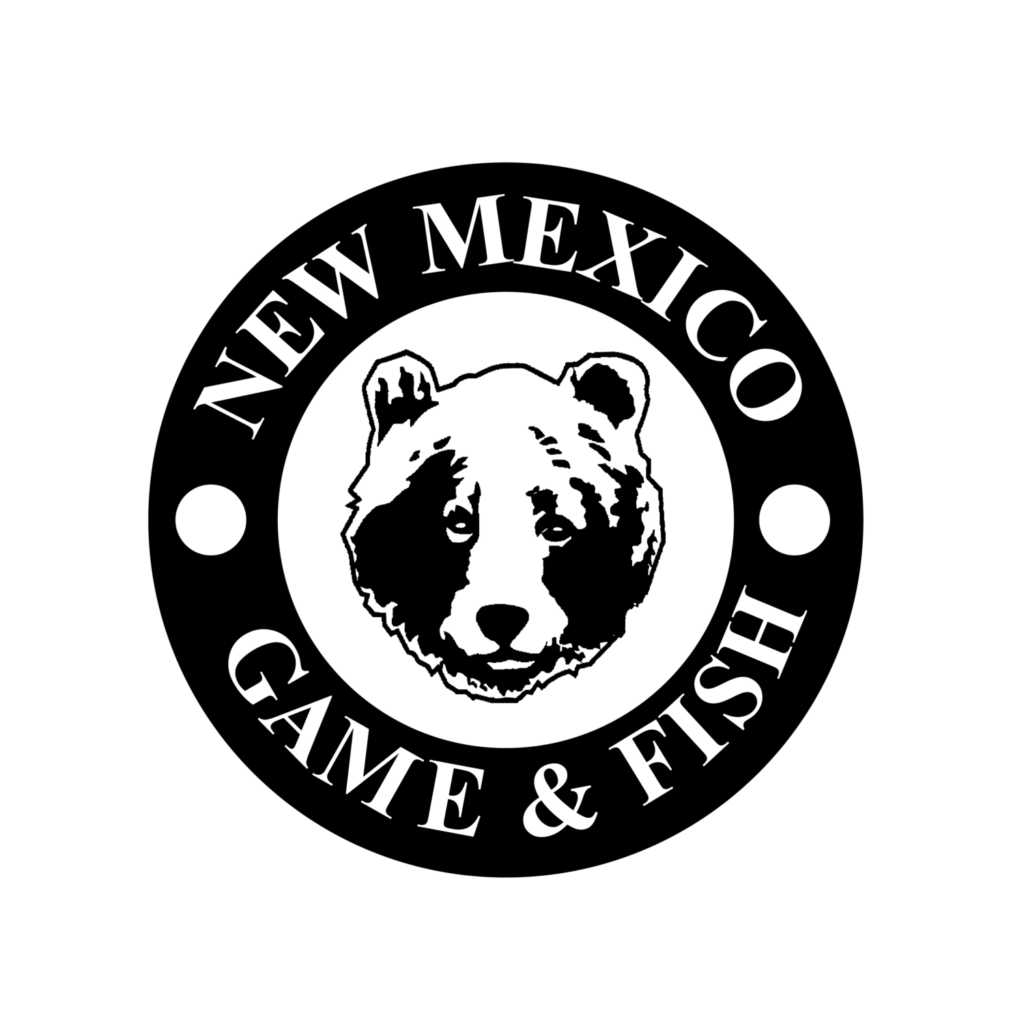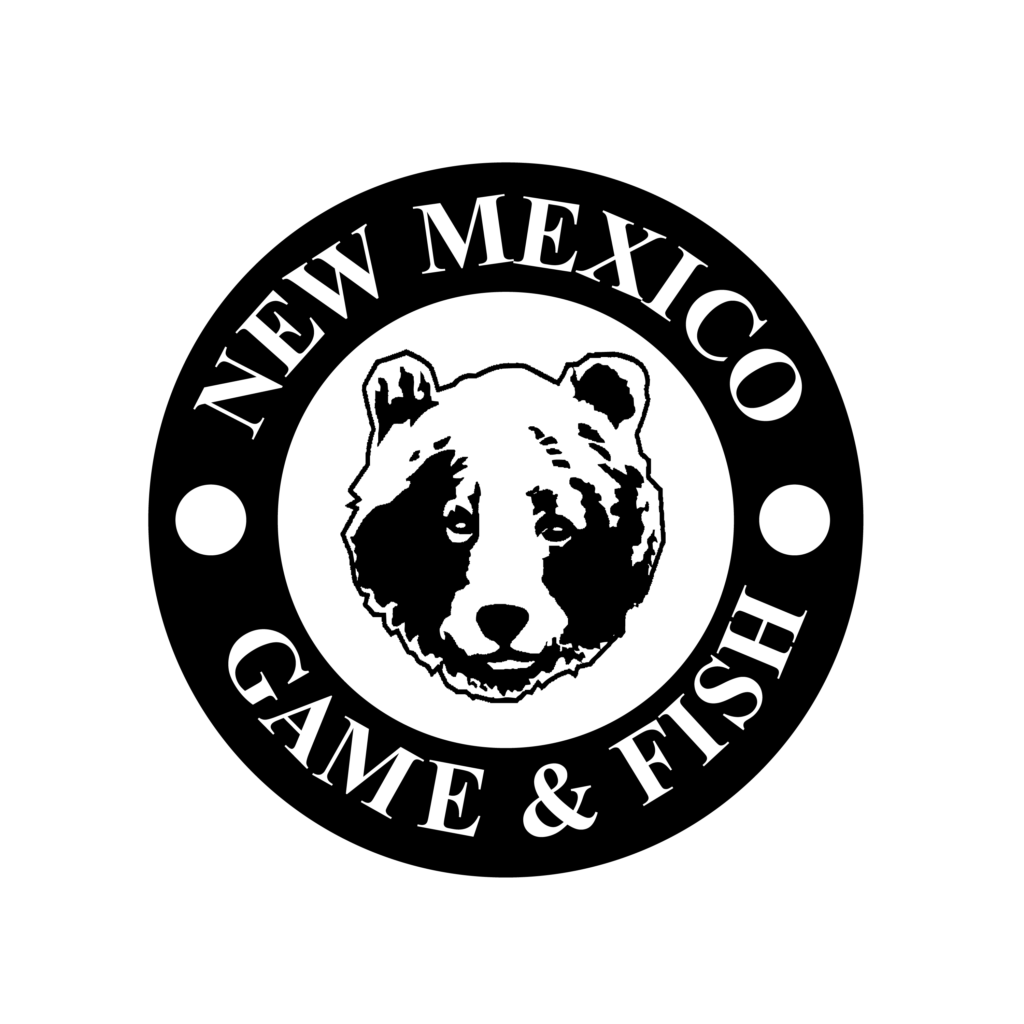Scientific Method & Thinking Skills

Basic Inquiry Skills:
These skills form the foundation for doing science through inquiry. These skills should be taught initially in grades preK-2, but should be used throughout all of the elementary grades, middle school, and high school as well as in college.
- Observation: using all the senses, as appropriate, to describe the characteristics of an object or something that is happening. Observation may not include identification.
- Recording data: This skill involves writing down information about what is observed about an object or something that is happening. Young children can verbally report observations.
- Interpreting data: This skill involves thinking about what was observed and recorded and noticing any patterns, similarities and/or differences in the recorded information
- Classifying: This skill involves sorting objects into categories or groups, based on similarities and differences. Classifying usually involves observation, recording data and interpreting data.
Intermediate Inquiry Skills:
These skills should be taught initially in grades 3 and 5 because they involve a higher level of logical thinking than many younger students are not yet capable of doing. However, 1st and 2nd graders could use these skills. Generally, younger children would have difficulty using these skills independently and with accuracy. These skills should continue into middle school, high school and college.
- Inference: An inference is an explanation for something that is being observed. Students draw a conclusion or answer the question “why or how” something is happening. Students use both their observations and their background knowledge as they make inferences.
- Predicting: A prediction is generally an educated guess about a future outcome of something. Predictions are based more on data than observations alone. Usually more information is needed in order to make accurate predictions.
- Conclusion: Conclusions are the most educated statement that can be made based on observations, the recorded data, inferences and predictions.
Advanced Inquiry Skills:
Advanced skills use the Scientific Method is a structured form. Steps include:
- Observe
- Describe
- Classify
- Compare and Contrast
- Hypothesis—Prediction
- Investigation—Experiment involving procedures with variables to test a hypothesis
- Draw Conclusions
- Communicate Results
- Replicate Results for Validation

